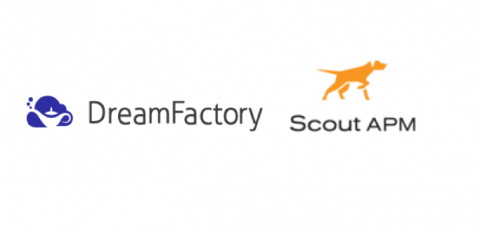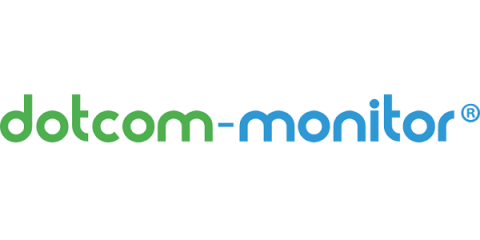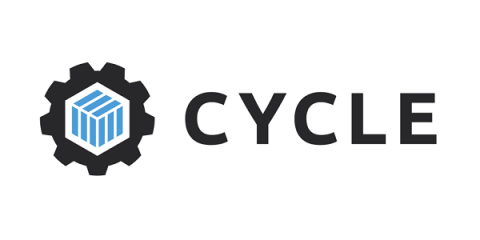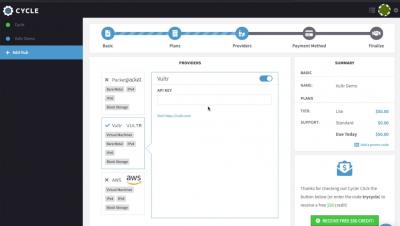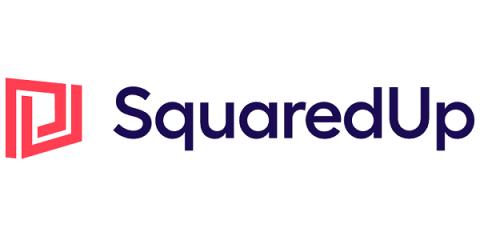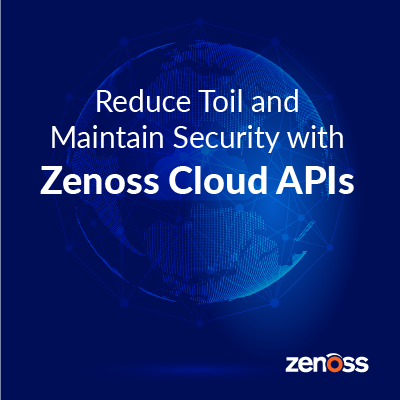Scout Now Partnering With API Management Leader DreamFactory
At Scout, we pride ourselves in building a tool that is focused on the developers’ ability to quickly identify performance issues within their applications so they can fix them and resume building the fun stuff. DreamFactory is a robust role-based access tool to help you with API creation and management needs.


